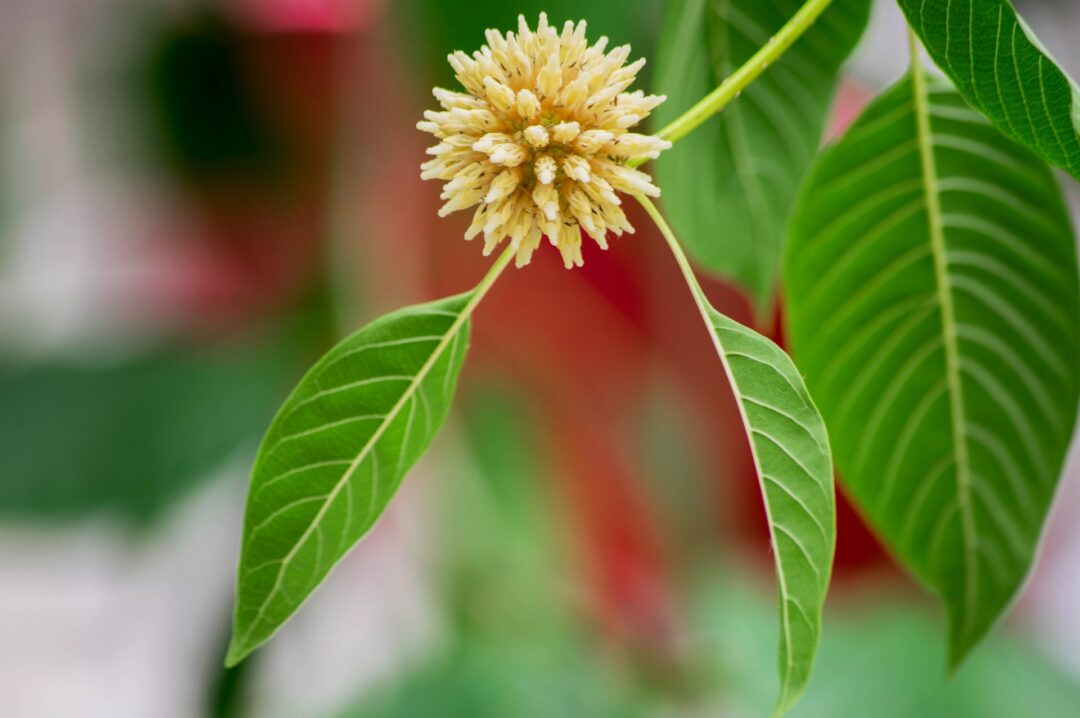Discussing the findings, the researchers caution that self-reporting surveys aren’t always entirely reliable, and also note that kratom is not approved by the U.S.Food and Drug Administration(FDA), and that research to formally establish safety and benefits of the herb is lacking. The release add: reports — although sparse — have linked [kratom] use to hallucinations, seizures and liver damage, when combined with alcohol or other drugs.
Albert Garcia-Romeu, Ph.D., instructor of psychiatry and behavioral sciences at the Johns Hopkins University School of Medicine, said in the release that the new survey findings “suggest that kratom doesn’t belong in the category of a Schedule I drug, because there seems to be relatively low rate of abuse potential, and there may be medical applications to explore, including as a possible treatment for pain and opioid use disorder.” He added, “There has been a bit of fearmongering, because kratom is opioidlike, and because of the toll of our current opioid epidemic.”
Related: Debates: Kratom for Chronic Pain?
Regarding the potential for abuse, according to the release: Fewer than 3% of responses met the criteria for moderate or severe substance use disorder for abusing kratom, and 13% met some criteria for kratom-related substance use disorder. "This is comparable to about 8%–12% of people prescribed opioid medications who became dependent, according to statistics from the U.S. National Institute for Drug Abuse (NIDA)."
Garcia-Romeu put this in perspective: “Both prescription and illicit opioids carry the risk of lethal overdose as evidenced by the more than 47,000 opioid overdose deaths in the U.S. in 2017. Notably there’s been fewer than 100 kratom-related deaths reported in a comparable period, and most of these involved mixing with other drugs or in combination with preexisting health conditions.”
A note of caution from Garcia-Romeu: “Although our findings show kratom to be relatively safe according to these self-reports, unregulated medicinal supplements raise concerns with respect to contamination or higher doses of the active chemicals, which could increase negative side effects and harmful responses. This is why we advocate for the FDA to regulate kratom, which would require testing for impurities and maintaining safe levels of the active chemicals. Otherwise, unregulated products run the risk of unsafe additives and dosing problems, which could be like getting a shot of grain alcohol when you were trying to order a beer.”










